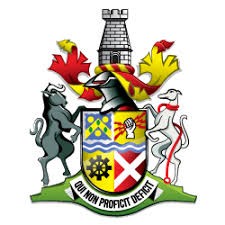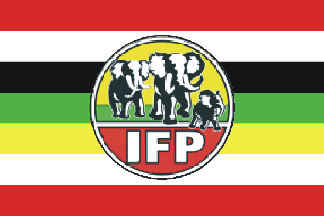The municipality is located in the inland region of KwaZulu-Natal, in the foothills of the Drakensberg. Its economy is diverse, driven by trade, community services, finance, manufacturing, construction, transport, and agriculture. Founded in 1864, the town’s strategic location contributed to its development as a key urban center in the region.
- Coalitions Tracker
Newcastle
ANC
Largest Party
IFP
Coalition leader
IFP
Current Mayor
0
Changes of Mayors
The Newcastle Local Municipality is a Category B municipality situated within the Amajuba District.
Composition of Council
The council 67 seats with 10 political parties represented. The IFP is a leading party with 22 seats but falls short of the requisite 34 to govern alone. The current coalition is made up of the IFP, Team Sugar, DA, ActionSA and FF+ totalling 38 seats.
No of Seats per Party
Key Positions in Council
Name
Party
Position
Cllr. Xolani Dube
IFP
Executive Mayor
Cllr. Musa Thwala
TSSA
Deputy Executive Mayor
Cllr. Thengi Zulu
IFP
Speaker
Cllr. Vuselwa Bam-Ndima
IFP
Corprate Services
Cllr. Sombu Buthelezi
EFF
Community Services
Cllr. Elizabeth Cronje
DA
Deputy Chariperson: Community Services
Cllr. RN Mdluli
N/A
Corporate Services
Cllr. RM Molelekoa
N/A
Technical Services
Cllr. M Shunmugam
N/A
Development Planning and HUman Settlements
Cllr. ShedrackThwala
TSSA
Technical Services
Cllr. NA Zwane
N/A
Finance
Historical Timeline
The council was constituted on November 2021 with no changes.
No items found


